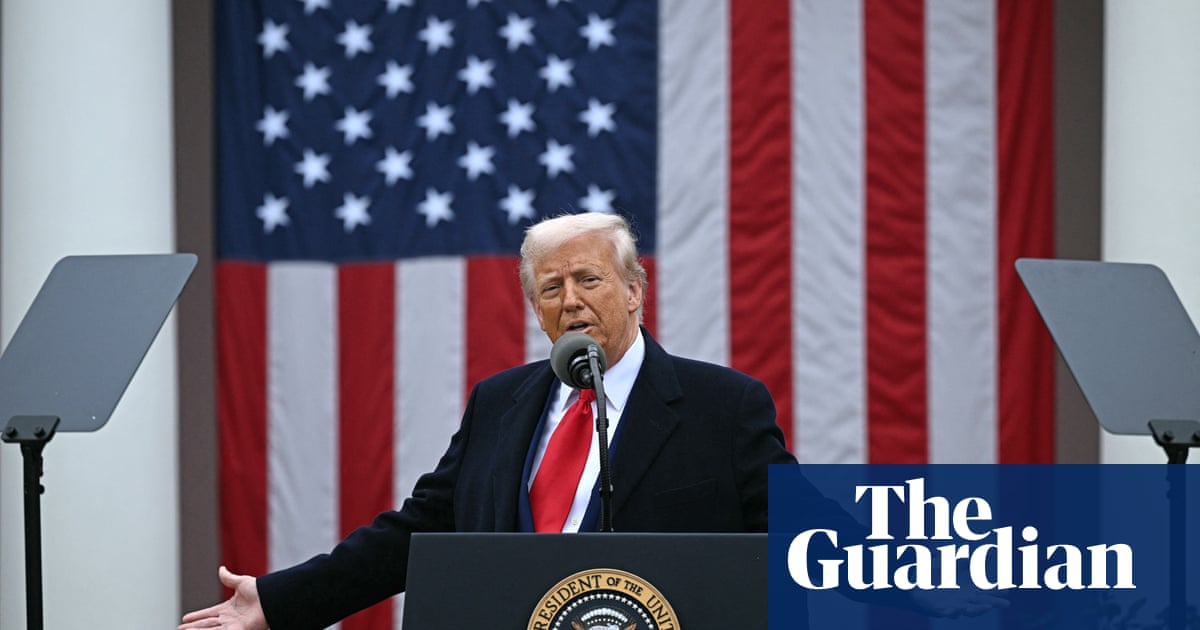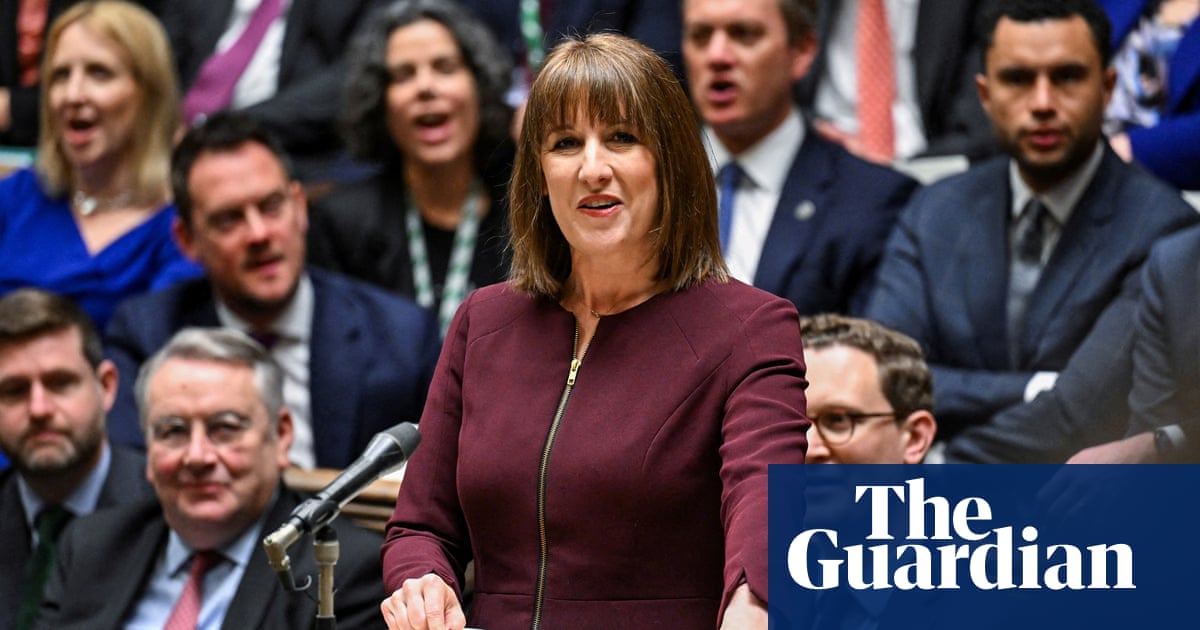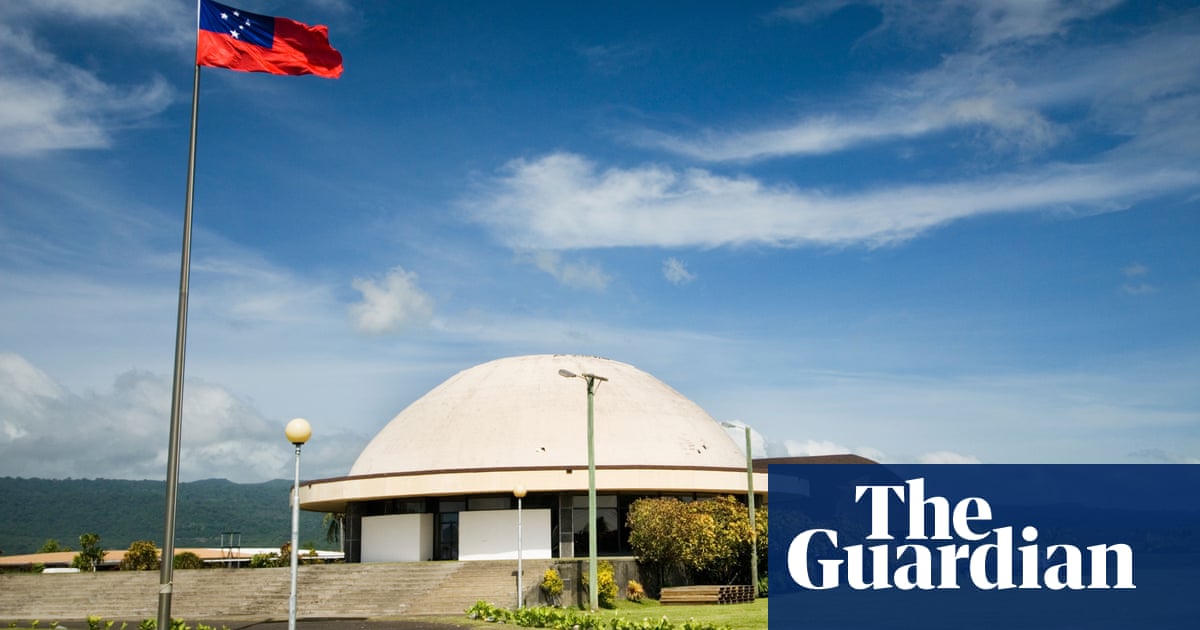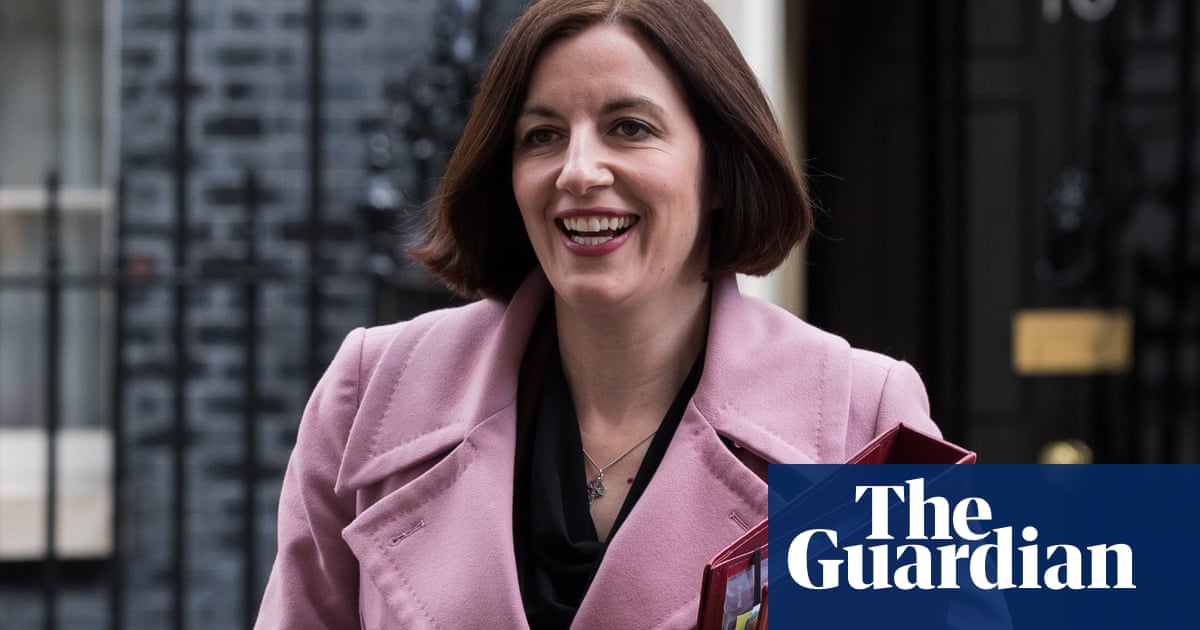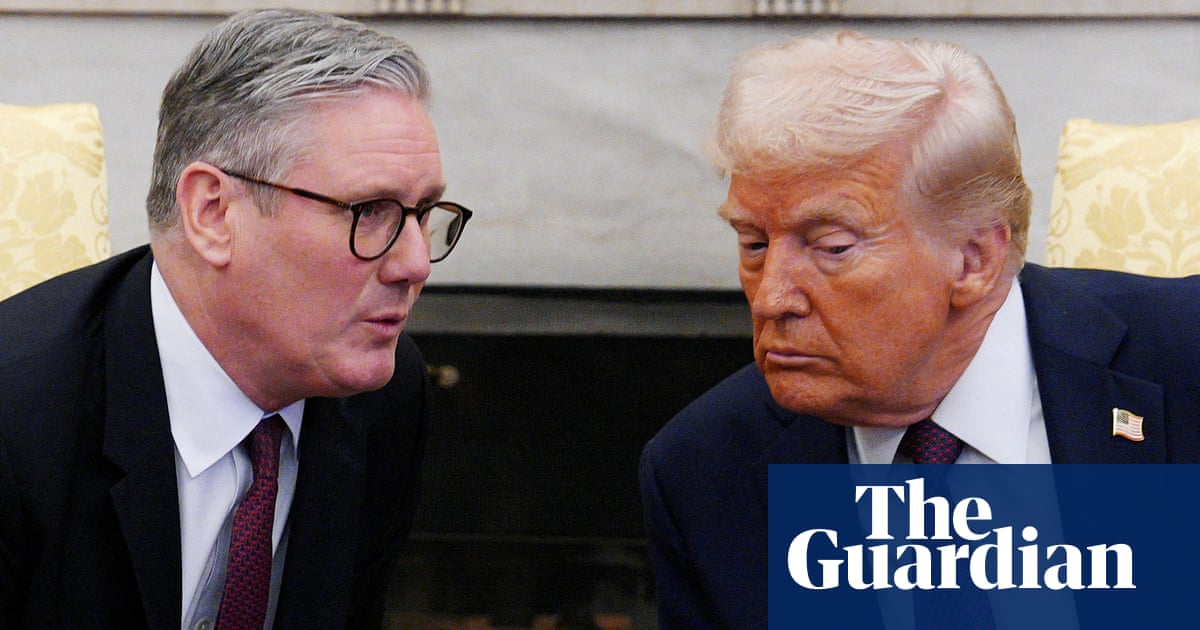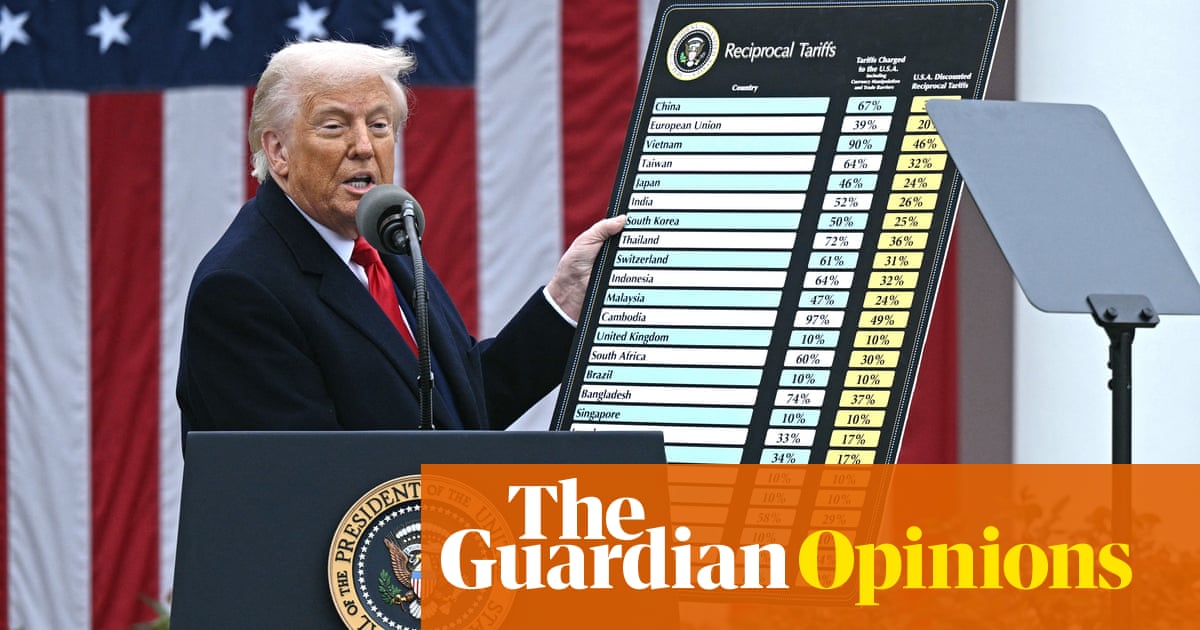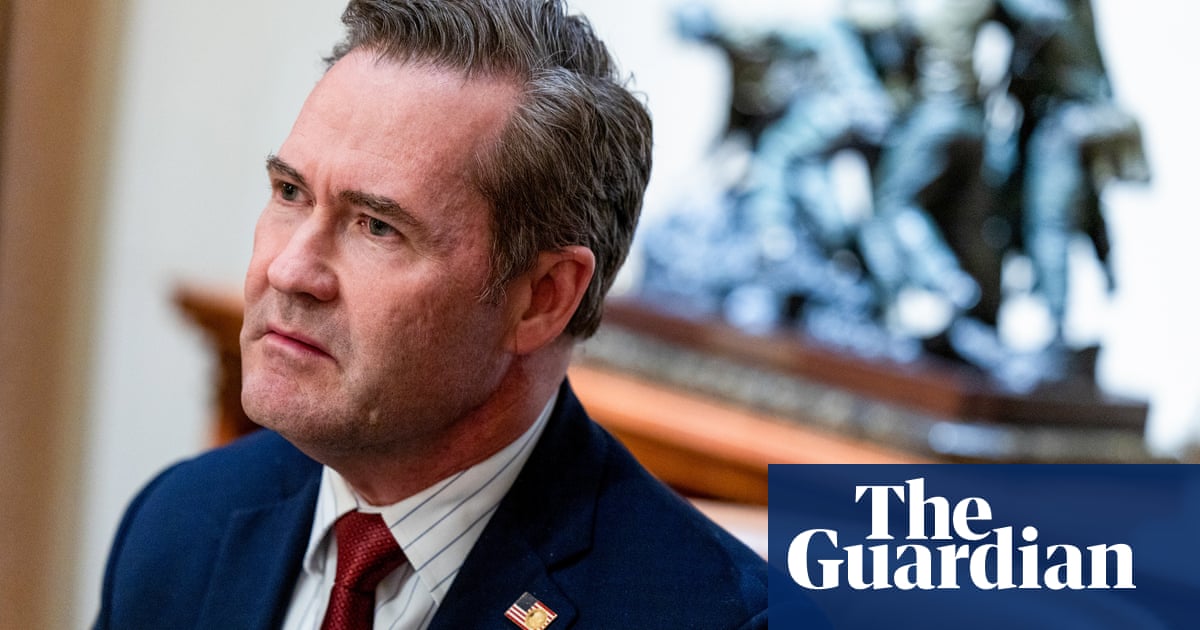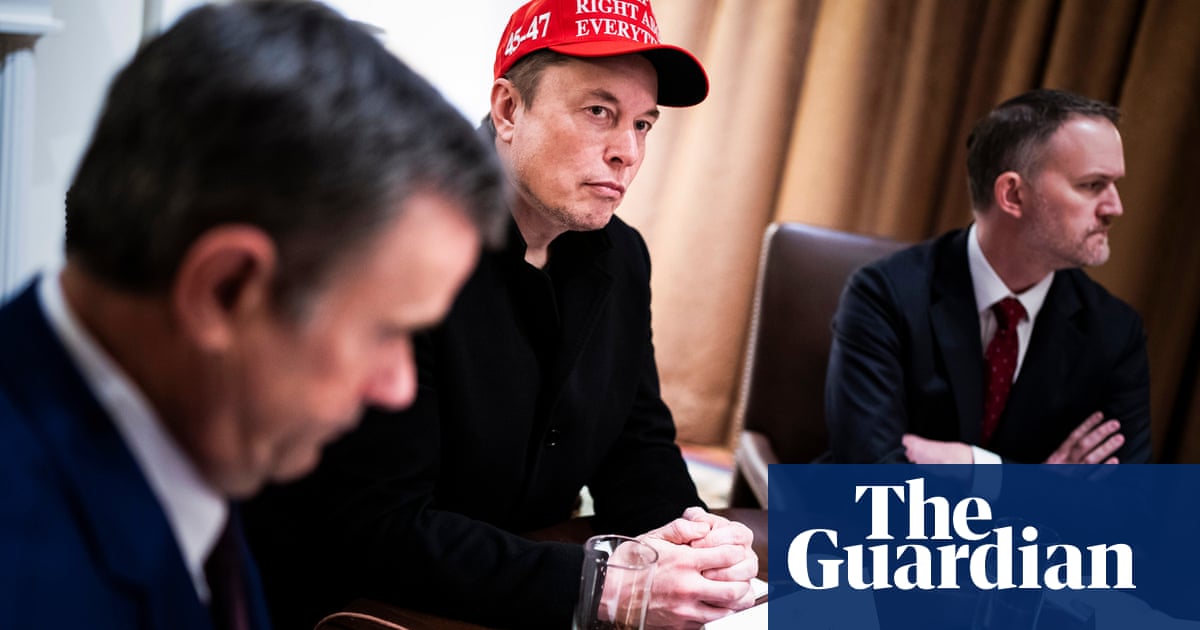A turquoise Koenigsegg Jesko, the world’s fastest car and worth about £2.3m, zipped through central Bucharest at nearly 100mph on Monday 24 March. At the wheel, the self-proclaimed “misogynist” influencer Andrew Tate, exuding an air of invincibility as he sped past the imposing Palace of the Parliament.
To the surprise of many Romanians – and to their horror, frankly – Andrew and his brother, Tristan, collectively known as the Tate brothers, had returned to Romania from the US as part of their legal obligations in the investigation against them on serious charges of rape, money laundering and human trafficking. The two also face separate charges of rape and human trafficking in the UK. The two men deny any wrongdoing. Their return made front pages around the world – but this is so much more than a big news story for people here. It is a true test of our political and judicial system at a tense time in our history. Will officials bow down to pressure from the new US administration? What will their handling of the case say about the country we are now?
The omens aren’t good. After reporting to a Bucharest police station, as required under the conditions of a recently relaxed travel ban, Andrew Tate told reporters he was “happy” to be back in Romania. Then he declared himself “one of the most important people on the planet” and berated journalists pressing him on whether he planned to stay in the country. Ebullience merged with farce. The flashy return was briefly interrupted when their supercar broke down, bleeding oil on to the streets and forcing them to tow it to a repair shop.
The return of the Tate brothers follows their sudden departure last month, when Romanian prosecutors lifted their travel restrictions, allowing them to board a private jet to Florida after spending several months under house arrest. They celebrated their exit online like they had defeated the system itself.
But their ability to leave has raised uncomfortable questions about whether this was a routine legal decision or the result of outside influence. Reports claiming that the Trump administration had put pressure on Romanian authorities have ignited tense public debate across the country.
A prosecutor can unilaterally ease travel restrictions if defendants argue they stand to lose significant money, Augustin Zegrean, a former Romanian constitutional court judge, explained to me. Defendants can – and often do – legally request that prosecutors lift such bans, sometimes for long periods. Many who have been granted permission to leave never returned. Still, the Tates did.
“I don’t want to believe that we have become such a despicable country that others tell us what to do,” Zegrean told me. He speaks for many.
If Washington did lean on Bucharest to ease its restrictions, Romania’s justice system must resist. Being a US ally does not mean bending to pressure – especially not if it undermines the rule of law. To do so sends a dangerous message: justice here is negotiable, a commodity subject to foreign lobbying and backroom deals if you’re rich and influential enough.
We can’t have that. This country has spent more than 35 years trying to build democratic institutions and prove it has made efforts to shake off the perception that its institutions are corrupt or politically compromised.
If Romania’s justice system wants to maintain any credibility, it must remain independent – not just from Washington, but from any external or political influence. Judges, prosecutors and lawmakers must take the allegations against the Tates seriously, and the government must be independent, not least for the sake of the Tates’ alleged victims. They have expressed deep concern about potential US interference in the judicial process.
Even before the homecoming, this was a moment of extreme political tension in Romania, after the far-right candidate Călin Georgescu, a controversial pro-Russian outsider who claimed to have run a “zero-budget” campaign, unexpectedly won the first round of the election in November last year.
In December, Romania’s constitutional court annulled the vote, citing foreign interference. It extended that decision in March when it banned Georgescu from running in the May rerun, citing unconstitutional behaviour, including allegedly plotting a 6 January-style insurrection reminiscent of the one following Donald Trump’s 2020 election loss.

A firestorm of criticism from Trump’s sidekicks followed, particularly from Elon Musk and the US vice-president, JD Vance. “If your democracy can be destroyed with a few hundred thousand dollars of digital advertising from a foreign country, then it wasn’t very strong to begin with,” mocked Vance, while Musk asked on X: “How can a judge end democracy in Romania?”
On 25 March, the US state department indefinitely suspended Romania’s accession to the visa waiver program, which had been approved by the Biden administration and would have permitted Romanians visa-free travel to the US for up to 90 days.
It’s an obvious power play, and seems to be working. Last month, Romania’s justice minister, Radu Marinescu, called for a public explanation as to why restrictions were eased to allow the brothers to leave the country. Now he praises the brothers’ “correct attitude” in choosing to return and fulfil their legal obligation. His tone seems to have changed. The Tate brothers may enjoy their freedom of movement for now, but much like their multimillion-dollar supercar – left stranded and leaking oil on the streets of Bucharest – the illusion of invincibility can break down when reality overtakes it. Romania’s justice system may bring that to pass. But under pressure, it may break down itself.
-
Andrei Popoviciu is a Romanian investigative journalist

 1 day ago
7
1 day ago
7


